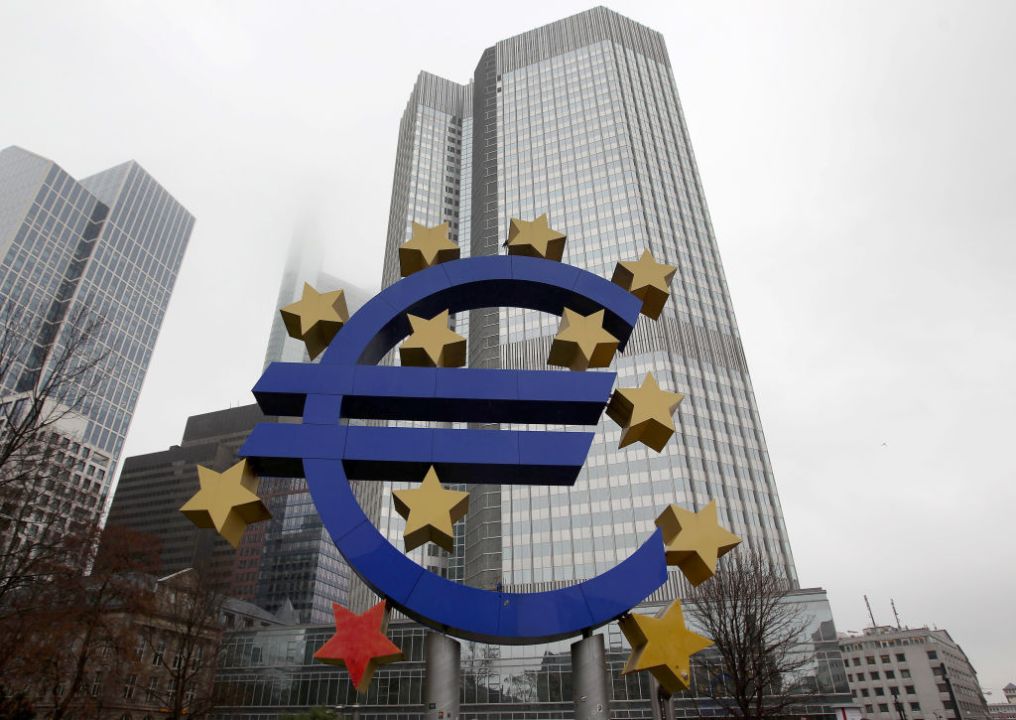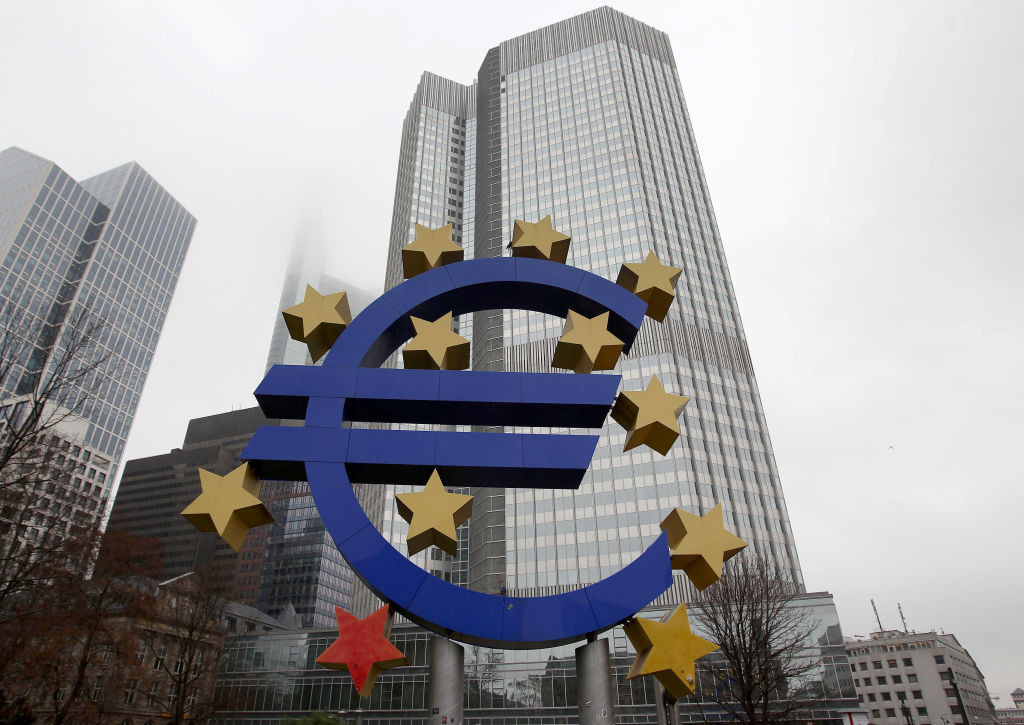In Germany, the DAX index – the benchmark for the economy – is already down 4 per cent today. In France, the benchmark CAC-40 is down by 3.3 per cent – heading toward the low points seen in the spring. Across Europe a stock-market crash is starting to unfold.
Is it a panic? An overreaction of edgy traders? Not really. The reality is that the markets have noticed something that not many people have yet picked up on: that the Eurozone is at the epicentre of the second wave of Covid-19 – and the economic damage this creates is going to be a lot worse than it was in the spring.
Europe is at the epicentre of the second wave, and winter has only just started
We may think, admittedly with some justification, that the virus is bad in the UK, and the political response chaotic. But it is now far worse on the other side of the channel. In France, with more than 50,000 infections a day, Covid-19 is completely out of control and president Macron is expected to announce a return to some form of national lockdown tonight. In Germany, which largely escaped the first wave, infections are hitting daily records, and the chancellor Angela Merkel is today closing down bars and restaurants. Spain has already been hit hard, and now so has Italy. And central Europe, which like Germany escaped in the spring, is now just as bad: Covid-19 is rampant in Poland and the Czech Republic. Europe is at the epicentre of the second wave, and winter has only just started.
The economic toll from this is going to be heavy. There are three big reasons why the impact on output and employment will be terrifying. First, Germany is the locomotive of the eurozone, and while it sailed through the spring with low levels of infection and only mild restrictions, it is now heading into a full-scale lockdown. As restaurants and bars are shuttered and factories stopped, the engine of the economy will be closed down. France, the zone’s second largest economy, is going the same way, while Spain, its fourth largest, is already there. The outlook could hardly be worse.
Next, the zone’s peripheral economies, including Greece, Spain, Portugal and Italy, all rely heavily on tourism (18 per cent of GDP in Greece, and 15 per cent in Spain) to keep them afloat. It now looks inevitable that there will be two lost seasons instead of just one. It won’t be long before the beach bars close forever, and hotels won’t be far behind.
Finally, there doesn’t look as if there will be any coherent policy response. The European Central Bank has long since run out of ammunition. The over-hyped Coronavirus Recovery Fund launched by the EU looks painfully inadequate given the scale of the task. None of the funds will be released until next year, and countries such as Spain have turned down the loans because of conditions attached. Policy-makers are paralysed in the face of a deep recession. The result? The entire global economy is going to be hit hard by this pandemic. But the eurozone is going to take the hardest hit of all. The markets are not panicking. They are simply reflecting the grim reality – the eurozone is in deep trouble.







Comments